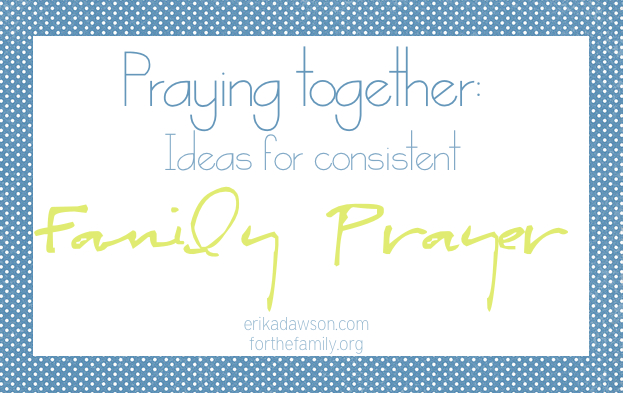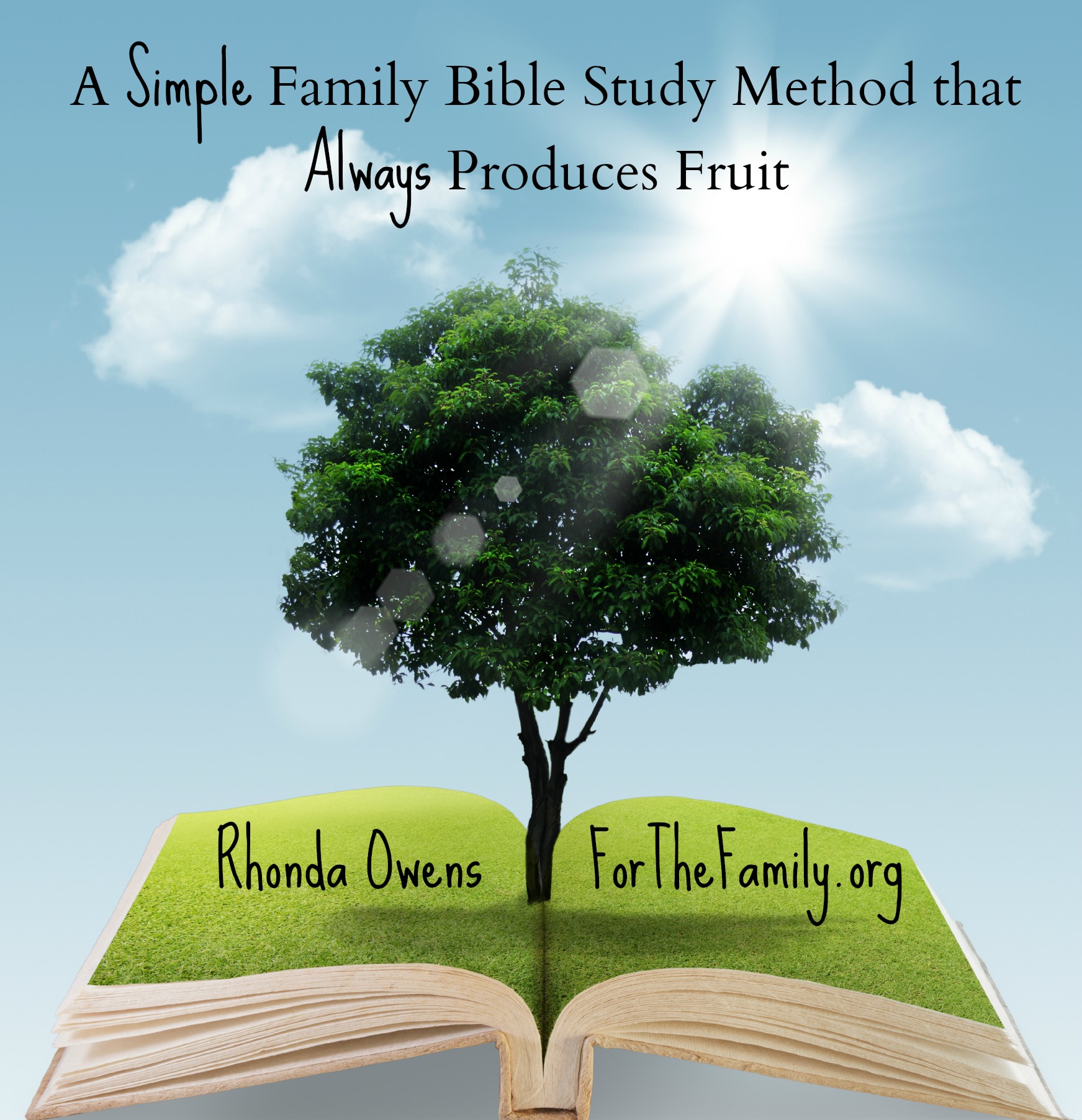Seeing God’s Beauty in the Breaking This New Year
Since moving to the South, it has been hard for me to wrap my mind around having 80 degree weather on Christmas day. I suppose it is the silver lining to the sweltering, unbearably hot summers. On this ordinary winter day, my son begs to ride his new bike to an empty lot. Imagine an earthy, outdoor paradise with tall grass backing up to a swampy bayou where kids love to go and dig in the dirt.
As soon as we arrive, my son forgets his bike in his excitement and makes a bee line for “the canyon.” To a child, this small crevasse eroded overtime by rain runoff is a treasure trove of God’s creation. He examines the dried mounds of hardened beige sediment with simple and beautiful fascination.
With a small mighty hand, my son grabs the biggest clump of dirt he can carry and smashes it against the ground. To both our surprise, it bursts open into layers of red, orange, and gray dirt with multicolored pebbles. I am struck by the contrast. In that moment, I pause as God gently whispers in my heart to find my handiwork in the brokenness. As we step into another year, I pray we can meditate on three ways our creator masterfully ordains beauty in the brokenness.
God is like a potter.
Is any person too broken or situation too hopeless to be beyond the relentless pursuit of God? Of course not! It reminds me of Jeremiah, bringing a message to the people of Judah on the brink of collapse. Before the kingdom’s eventual fall to Babylon, God communicates His desperate desire for His people to come back into a right relationship with Him.
As Jeremiah observes a potter reforming a flawed piece of clay, the Lord says, “‘Can I not do with you, Israel, as this potter does?’ declares the Lord. ‘Like clay in the hand of the potter, so are you in my hand, Israel’” (Jeremiah 18:6). Despite how the situation looks from the outside, God is capable of seeing the value of his precious creation. Although the Judeans’ unrelenting hearts ultimately choose destruction, God still wants to meet them in the muck and mire to make them new.
God uses broken vessels.
Fast forward about 600 years. My beautiful savior comes down to earth fully God and fully man to die for us while we were still sinners (Romans 5:8; Philippians 2:7-8). The immense love propelling our perfect, omnipotent God to enter bodily into the brokenness of humanity is almost beyond comprehension. Restoration is God’s specialty.
As he walked the earth, Jesus drew broken people near to himself. I am reminded of Mary who breaks the alabaster jar to anoint Jesus’ feet with the precious perfume (John 12:3). The significance of her act as preparing Jesus’ body for burial is not lost on Mary, who knows Jesus is about to be broken and poured out to make us right with him. As we find our wholeness in Jesus’ perfect sacrifice, may our worshipful response be like Mary pouring out a fragrance of never-ending gratitude.
God breaks sin’s power.
Jesus’ victory over sin looked very different than expected. As an occupied people subjugated by the Roman Empire, the Jewish people’s idea of liberation from oppression did not appear exemplified by Jesus’ death at the hands of their enemy. Instead of a radical insurrection by God’s Kingdom, he dies a humiliating public execution.
Rather than Jesus dying a defeated death, creation responds violently; the veil in the temple tears from top to bottom, the earth shakes, rocks split open, and people raise from the dead (Matthew 27:51-52). On the third day, Jesus wins. Deliverance from sin and death comes through breaking—not just physically—but spiritually, culturally, and socially in a world upended by the Kingdom of God.
As I reflect back upon the significance of Christmas and walk expectantly in this New Year, I am continually in awe of God’s handiwork. Moreover, as we look forward to the year ahead, may we take inventory of God’s love, grace, and sovereignty in the midst of brokenness. For some, these last two years of the pandemic have led to a breaking point. For others, pain has cast its familiar shadow for decades. Our brokenness, whether caused by our own hand or something beyond our control, is never outside God’s redemptive power.
Where have you seen God’s beauty in the breaking? I pray this year will not just be one of “resolutions,” but rather allowing God’s redemptive power to break us and restore us in all the right places, so that we may draw ourselves and others closer to Him.
Breaking beautifully,
Crystal Rommen







